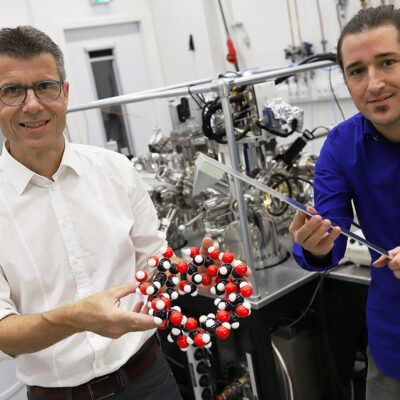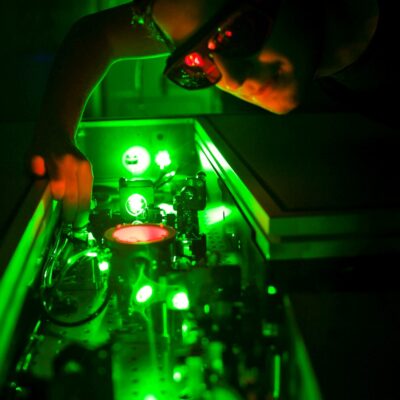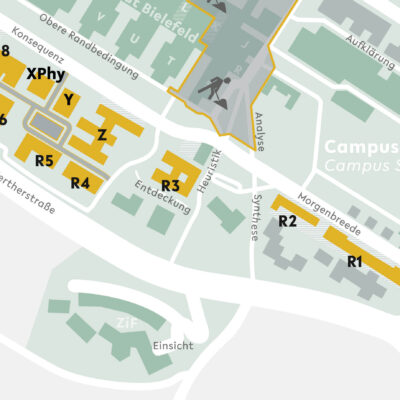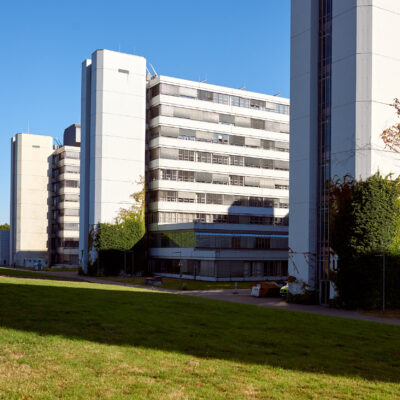Are the great theories losing their relevance in the face of Big Data? By asking this question, Bielefeld University’s anniversary conference specifically addresses a topic that concerns all academic disciplines.
More than 50 years ago, Professor Dr Helmut Schelsky, a sociologist, developed the plan of a ‘theoretical university’ thus laying the intellectual foundation for Bielefeld as a reform university.
‘We are reconnecting with the original idea of establishing a reform and research university in Bielefeld, a university in which academics would focus mainly on theory formation—and that in an interdisciplinary way, in order to answer major questions from different perspectives,’ says Professor Dr Angelika Epple, chairwoman of the Scientific Board for the anniversary academic programme and Vice-Rector for International Affairs. ‘For our university’s academics, interdisciplinarity is part of their identity.’ Bielefeld University’s Center for Interdisciplinary Research (ZiF) has stood for this from the very beginning.
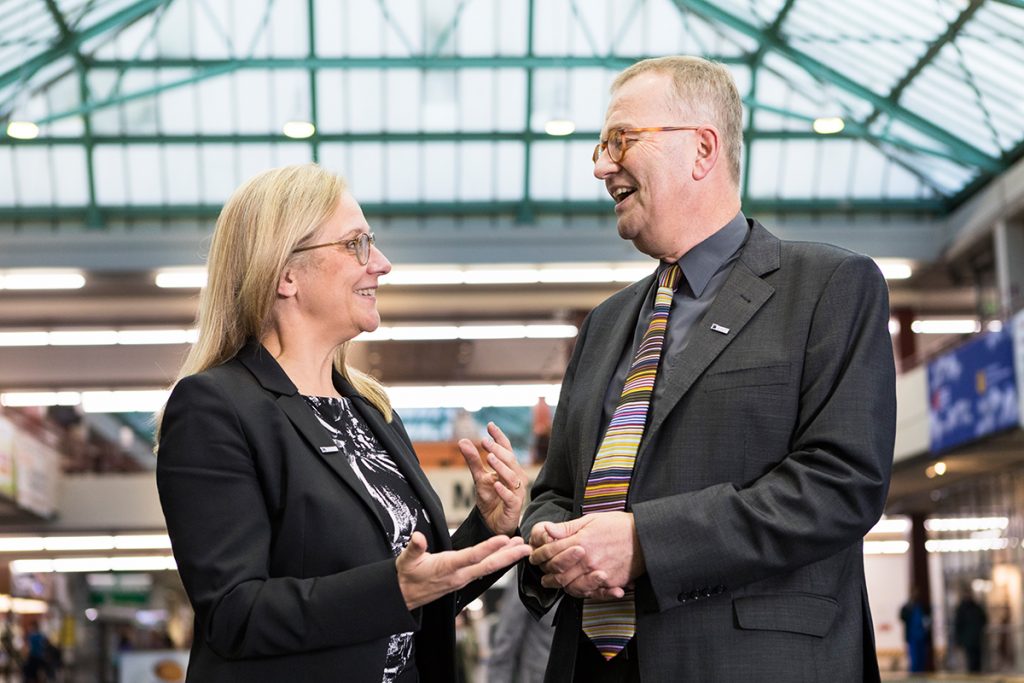
‘Numerous disciplines at our university are known for generating new theories and further developing existing ones—from history and sociology to economics, mathematics, and the natural sciences,’ says Professor Dr Martin Egelhaaf, Vice-Rector for Research. ‘At the same time, our researchers today have the potential to acquire and store large amounts of research data, and this is combined with a broad range of intelligent analysis tools. It is therefore inevitable that data science will play a prominent role at Bielefeld University.’
‘We deliberately chose a topic for the conference that focuses on research itself and the question of how, and under what conditions, research is conducted,’ explains Angelika Epple; and Martin Egelhaaf adds: ‘With our conference, we are now providing impulses for how science can deal with all the new technical possibilities in a responsible fashion.’
This article is a pre-publication from BI.research, the research magazine of Bielefeld University. The new issue of the magazine will be published in November 2019.
